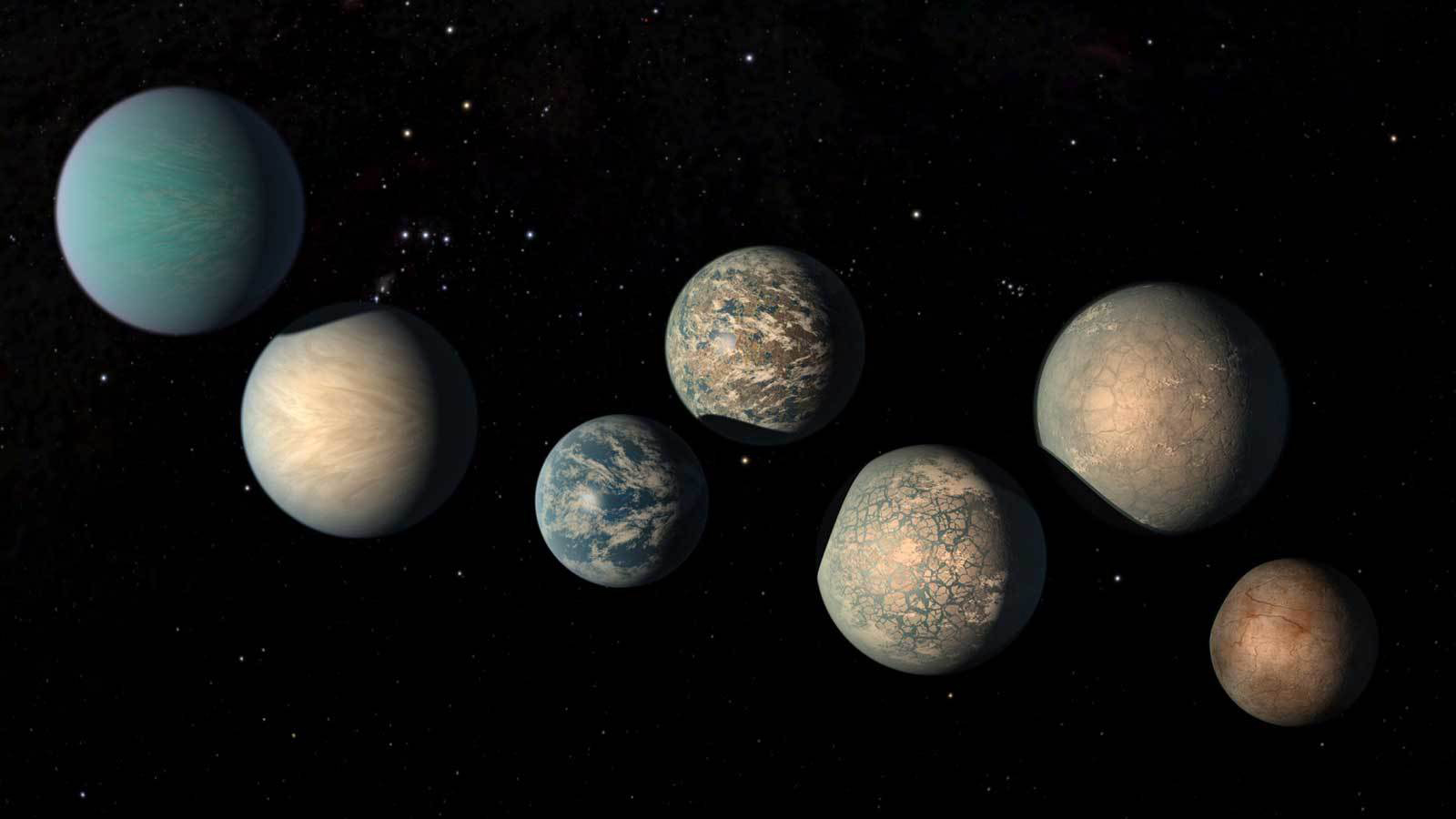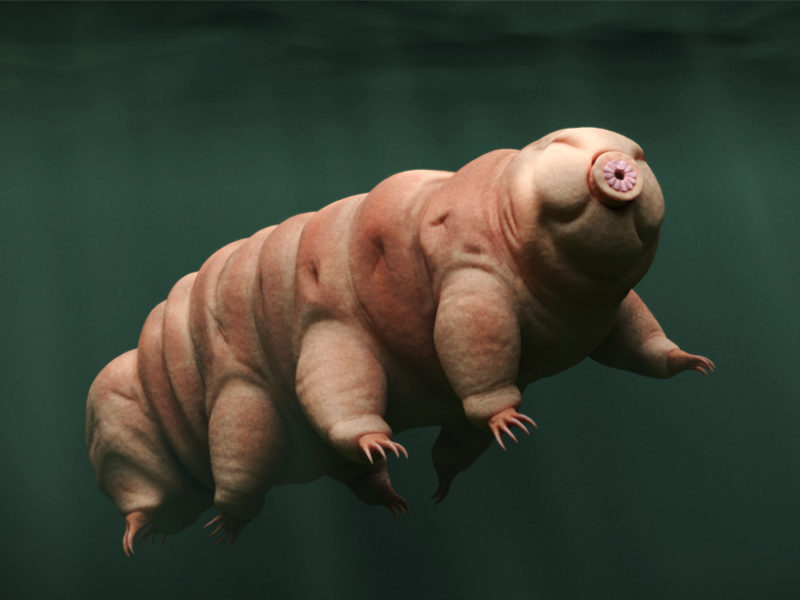Earth’s Oldest Asteroid Impact Found in Australia. How old? About 2.2 billion years, according to scientists who studied isotope ratios in tiny mineral crystals pulled from ancient granite in Western Australia to date the event. The impact would’ve left a roughly 40-mile-wide crater, ejecting gobs of gas (think water vapor from an obliterated ice sheet) and debris into the atmosphere that might’ve possibly lifted Earth out of an ice age. This is a great short read about some fascinating (dare I say impactful?) research. (The writer is also familiar to Eos readers! See more of her good work here.—Ed.)
—Timothy Oleson, Science Editor
Kids’ Climate Case “Reluctantly” Dismissed by Appeals Court. I’ve been watching this court case for years, and we’ve just had a new development. In 2015, nearly 2 dozen young people filed a lawsuit against the federal government, saying it hadn’t done enough to address climate change. The government’s inaction, the plaintiffs argue, threatens their constitutional right to life, liberty, and property. Last week, a federal appeals court dismissed the lawsuit “reluctantly,” saying that they needed to take their complaints elsewhere in the government. But the story isn’t over yet: The plaintiffs plan to petition for a review by the full Ninth Circuit in the coming month. For now, the wait continues.
—Jenessa Duncombe, Staff Writer
10 Things Spitzer Taught Us About Exoplanets.

This retrospective article from NASA lists some supercool discoveries made with the Spitzer Space Telescope that go far beyond its original mission. The spacecraft will be decommissioned next Thursday.
—Faith Ishii, Production Manager
Greta Thunberg Pushes for Climate Action and Setting the Record Straight at the World Economic Forum.
I have never said anything like this, nor will I ever say it. It’s never too late to do as much as we can, every fraction of a degree matters. There are of course no magical “dates” for “saving the world”.
I am only quoting the SR1,5 IPCC report on remaining CO2 budgets. https://t.co/zsvcYeo5tT— Greta Thunberg (@GretaThunberg) January 21, 2020
Environmental activist Greta Thunberg provided powerful remarks about the need for climate action at the World Economic Forum in Davos, Switzerland, on 21 January. She also pushed back against an article posted by the World Economic Forum that reported in part that she had remarked that we have 8 years to save the world. Thunberg posted on Twitter, “I have never said anything like this, nor will I ever say it. It’s never too late to do as much as we can, every fraction of a degree matters. There are of course no magical ‘dates’ for ‘saving the world.’”
The World Economic Forum later posted a clarification that Thunberg had said at the forum that if we are going to hit the 1.5ºC target, our remaining emissions budget will be “gone within less than eight years.”
—Randy Showstack, Staff Writer
Chilly with a Chance of Iguana.
Jan 21 – This isn’t something we usually forecast, but don’t be surprised if you see Iguanas falling from the trees tonight as lows drop into the 30s and 40s. Brrrr! #flwx #miami pic.twitter.com/rsbzNMgO01
— NWS Miami (@NWSMiami) January 21, 2020
Well, there’s a forecast you don’t see every day! When the temperatures in Miami, Fla., drop, the iguanas do too, according to the National Weather Service. My favorite part: “They may fall from trees, but they are not dead.”
—Kimberly Cartier, Staff Writer
Might There Soon Be a Supernova Near Earth? Astronomers are monitoring a (relatively) sudden decrease in Betelgeuse’s brightness—impending supernova, or just business as usual?
—Nancy McGuire, Contract Editor
Even Tardigrades Will Feel the Heat of Climate Change.

Sure, they can survive at temperatures nearing absolute zero—one of my favorite concepts in all of science!—but hardy tardis may not be able to adapt to climate change.
—Caryl-Sue, Managing Editor
Citation:
(2020), Asteroids, Greta Thunberg, and other things that make an impact, Eos, 101, https://doi.org/10.1029/2020EO139071. Published on 24 January 2020.
Text © 2020. AGU. CC BY-NC-ND 3.0
Except where otherwise noted, images are subject to copyright. Any reuse without express permission from the copyright owner is prohibited.

